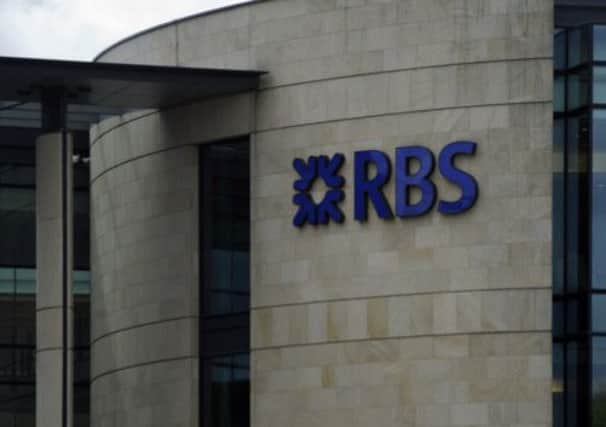Osborne to announce decision on breaking up RBS


The Chancellor, who asked investment bank Rothschild in June to examine if RBS should be made to hive off its toxic assets into a separate legal entity, has made sorting out the bank’s future his top priority “for the next two or three weeks”.
Speaking in China, Osborne said: “We are looking at the case for a bad bank, and if not a bad bank what is the alternative strategy that really gets on top of the problems in that bank and goes on being what I want it to be, which is a bank supporting the British economy.”
Advertisement
Hide AdAdvertisement
Hide AdRothschild’s review is due shortly and the Treasury is understood to be considering three options for dealing with RBS’s problem assets.
These are: creating a bad bank inside RBS run by an independent team; following the model used by Swiss bank UBS, which created a bad bank supported by the Swiss central bank; or setting up a separate taxpayer-backed bad bank.
Asset manager BlackRock, hired to analyse RBS’s portfolio, is understood to have identified £50 billion to £60bn of assets to be placed into any bad bank.
Advocates of a break-up have said it would leave the bank better placed to lend and support the British economy.
On Friday, new RBS chief executive Ross McEwan said the government review into a possible break-up was distracting executives looking to revive the bank’s fortunes.
“The debate you read about in the papers – and that has taken up too much time of the management team – has been about what is now a small proportion of our activity. We are taking responsibility for
resolving these debates,” Mc-Ewan said in a memo to staff.
Osborne said there was no prospect of selling the UK
government’s stake in the bank, bailed out in 2008 at a cost of £45.5bn, before the next election due in 2015.